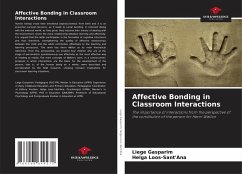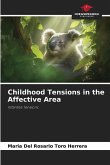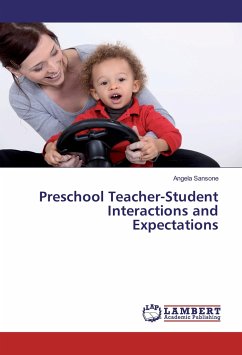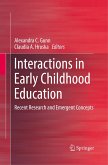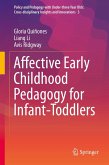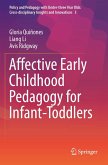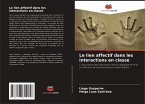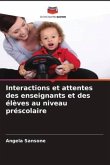Human beings show their emotional expressiveness from birth and it is an essential survival resource, as it leads to social bonding. In constant dialog with the external world, as they grow, they improve their means of dealing with the environment. Given the close relationship between learning and affectivity, it is argued that the latter participates in the formation of cognitive structures and that, therefore, strengthening the quality of affective relationships between the child and the adult contributes effectively to the teaching and learning processes. This work has Henri Wallon as its main theoretical reference. From this perspective, we studied how children who are at the stage of personalism spontaneously see affectivity as the most effective way of relating to reality. The main concepts of Wallon's work, in a constructivist proposal in which interactions are the basis for the development of the person, that is, of the human being as a whole, were described and corroborated by the field research, showing relevant implications for classroom learning situations.
Bitte wählen Sie Ihr Anliegen aus.
Rechnungen
Retourenschein anfordern
Bestellstatus
Storno

